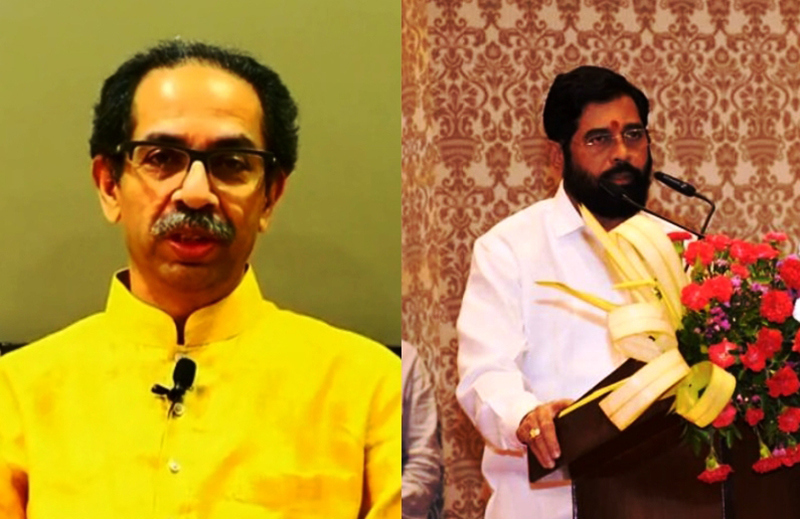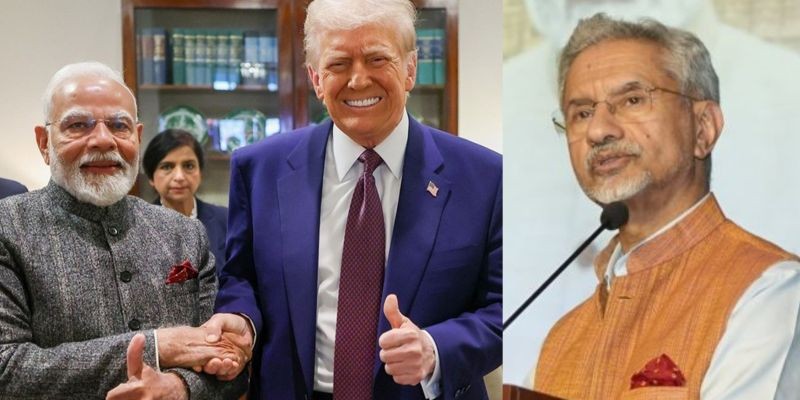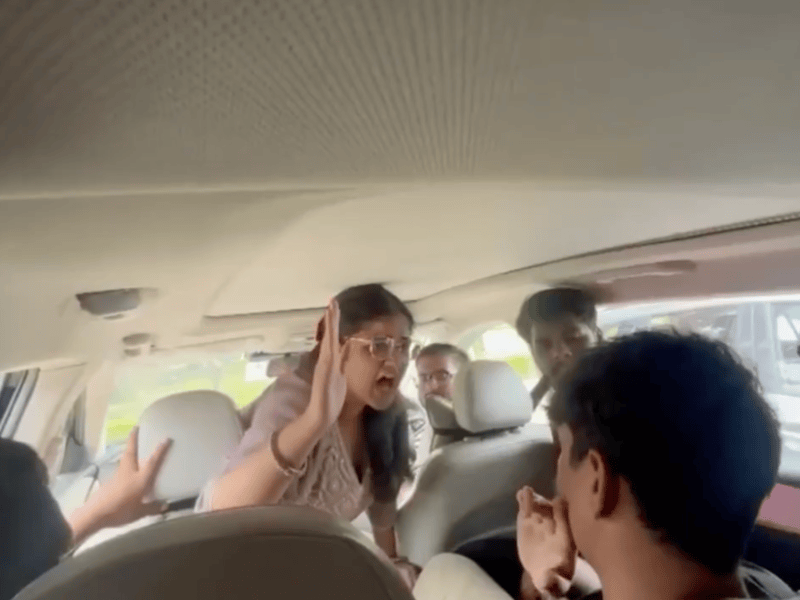'Governor must be conscious when calling for trust vote': Supreme Court states in Sena vs Sena case

New Delhi/IBNS: In sharp remarks while hearing the Shiv Sena coup case, the Supreme Court Wednesday said a governor must exercise power cautiously and be aware that calling for a trust vote could bring down the government.
The apex court said calling for a trust vote just on grounds of differences within a ruling party can topple an elected government.
"The Governor must be conscious that calling for a trust vote may lead to the toppling of the government," said a five-judge Constitution bench headed by Chief Justice of India, DY Chandrachud.
The top court made these observations while hearing the Sena versus Sena case focusing on Governor Bhagat Singh Koshyari's role in the Maharashtra vote that toppled the Uddhav Thackeray-led government last year.
"The Governor should not enter any area which precipitates the fall of a government. People will start ditching the ruling party and the Governor will end up toppling the ruling party. This will be a sad spectacle for democracy," said the judges, adding that governors must exercise their powers with the greatest circumspection.
The three-year-old Uddhav Thackeray-led Sena-National Congress Party (NCP)-Congress coalition in Maharashtra lost power after a coup in the Shiv Sena by Eknath Shinde, who went on to form a new government with the Bharatiya Janata Party (BJP) in June.
Koshyari had then ordered for a test of majority, but Thackeray resigned and paved the way for Shinde to take power.
The factions led by Thackeray and Eknath Shinde have since been fighting for recognition as the "real Shiv Sena".
Earlier last month, the Election Commission granted the Eknath Shinde-led faction the use of the Shiv Sena name and poll symbol.
Thackeray, despite losing control of the party founded by his father Bal Thackeray, continues to fight the Shinde faction in the Supreme Court.
The Supreme Court is hearing petitions that question the foundation of the Shinde government, arguing that Shinde and 15 other rebels were disqualified at the time of the trust vote.
Hearing the case, Chief Justice Chandrachud observed: "They broke bread for three years. They broke bread with (Congress) and NCP for three years. What happened overnight after three years of happy marriage?"
The Governor, he said, has to ask himself this question - "What were you fellas doing for three years? If it was one month after the election took place and they suddenly bypassed the BJP and joined INC, that's different. Three years you cohabit and suddenly one fine day group of 34 say there is discontent. Enjoying the spoils of office and suddenly one day you just..."
The bench repeatedly asked about the need for calling the floor test.
"Governor's trust vote is where the majority in the house is shaken. Where was there anything to indicate that?" Justice Chandrachud questioned.
"Differences of opinion among MLAs within a party can be on any ground like payment of development fund or deviation from party ethos but can that be a sufficient ground for the governor to call for the floor test? Governor cannot lend his office to effectuate a particular result."




